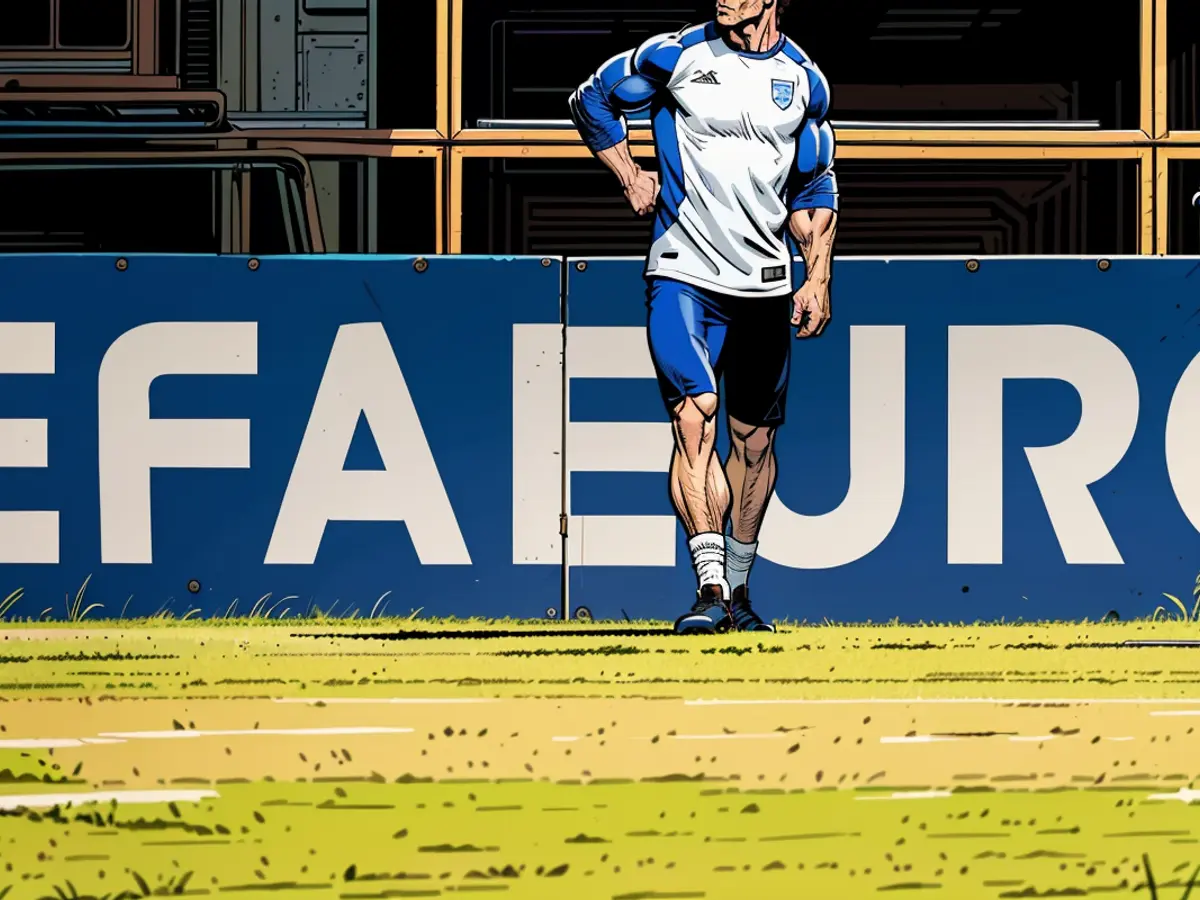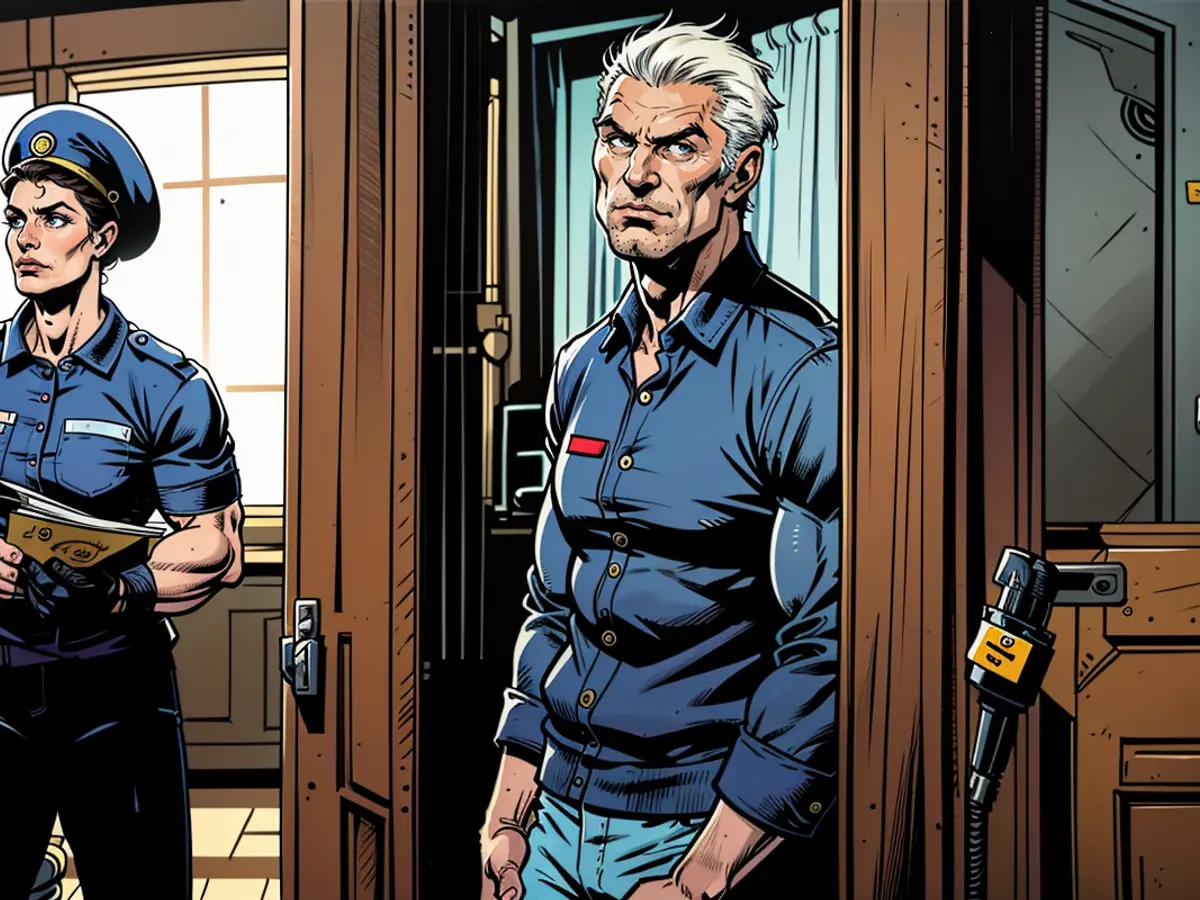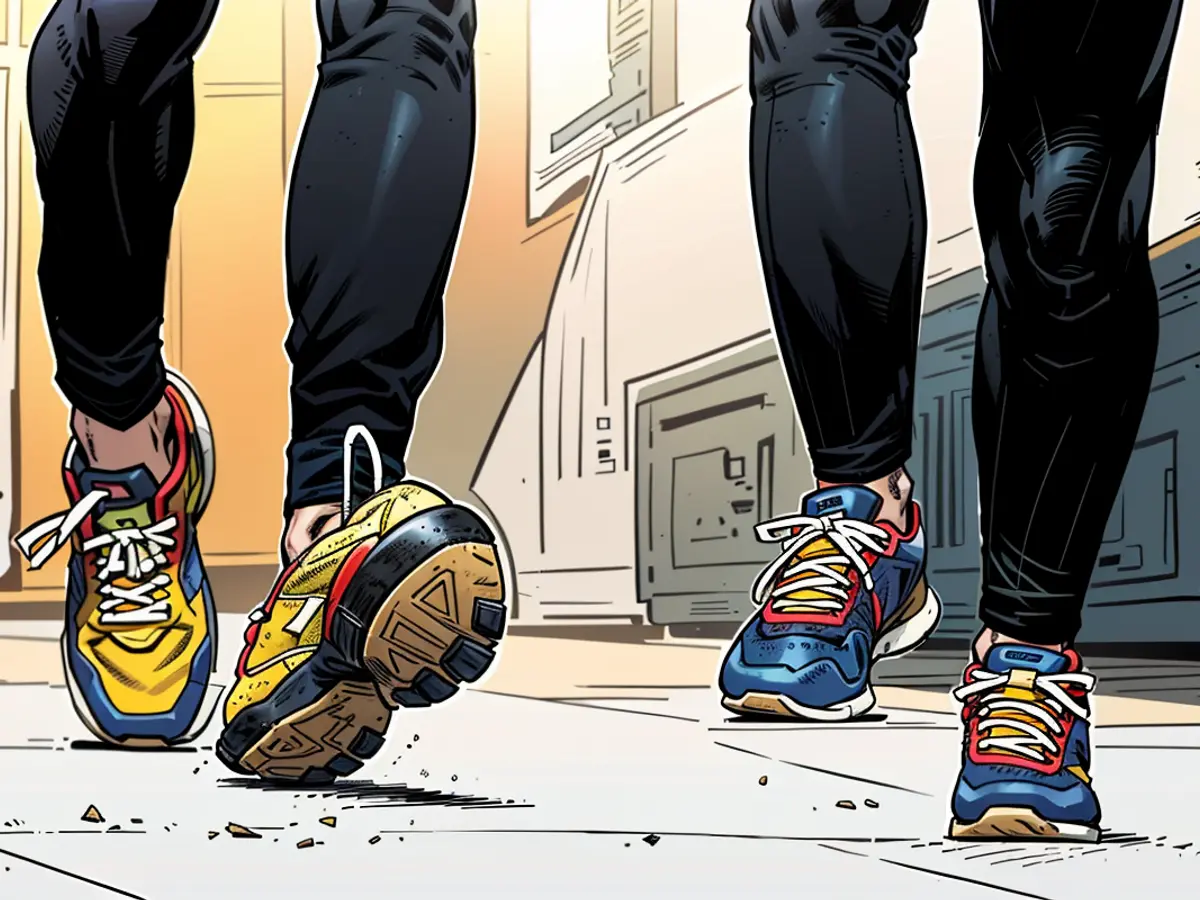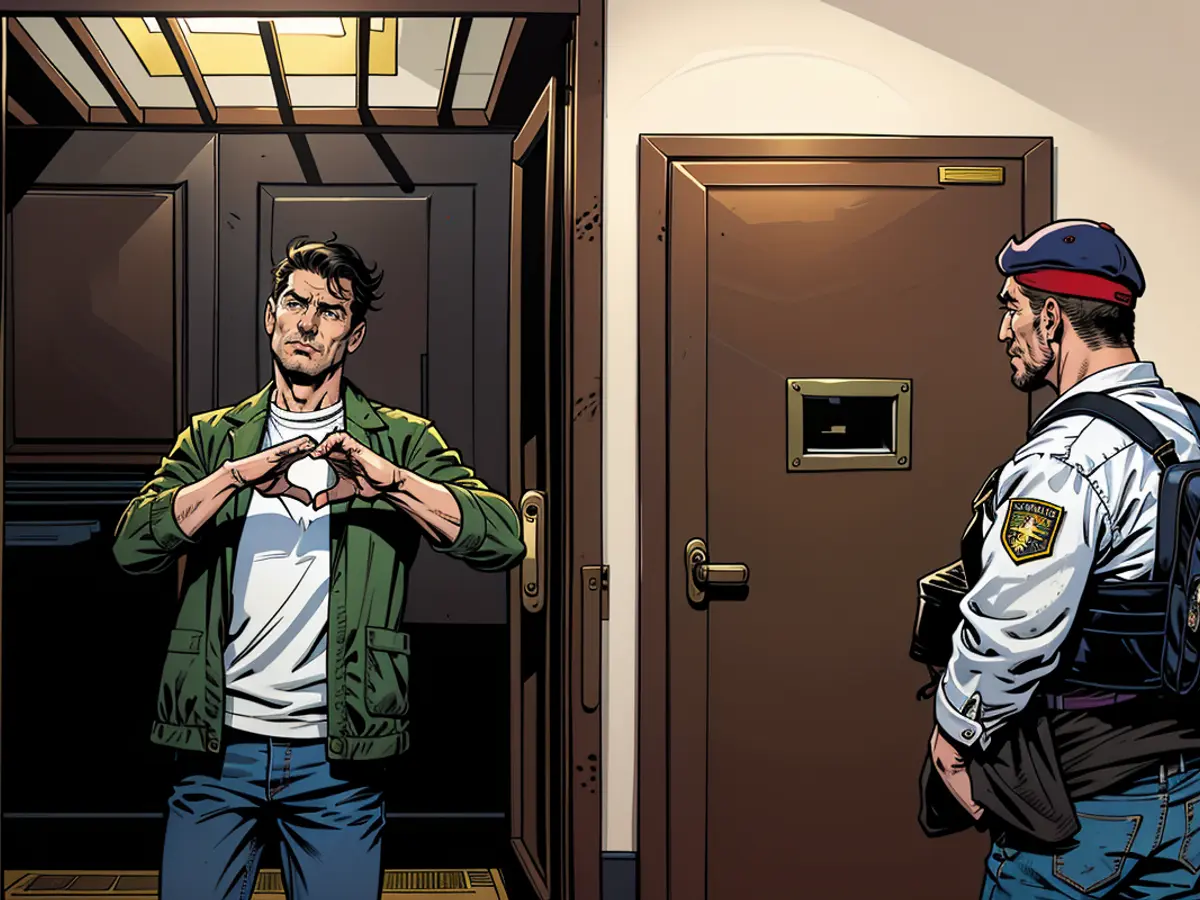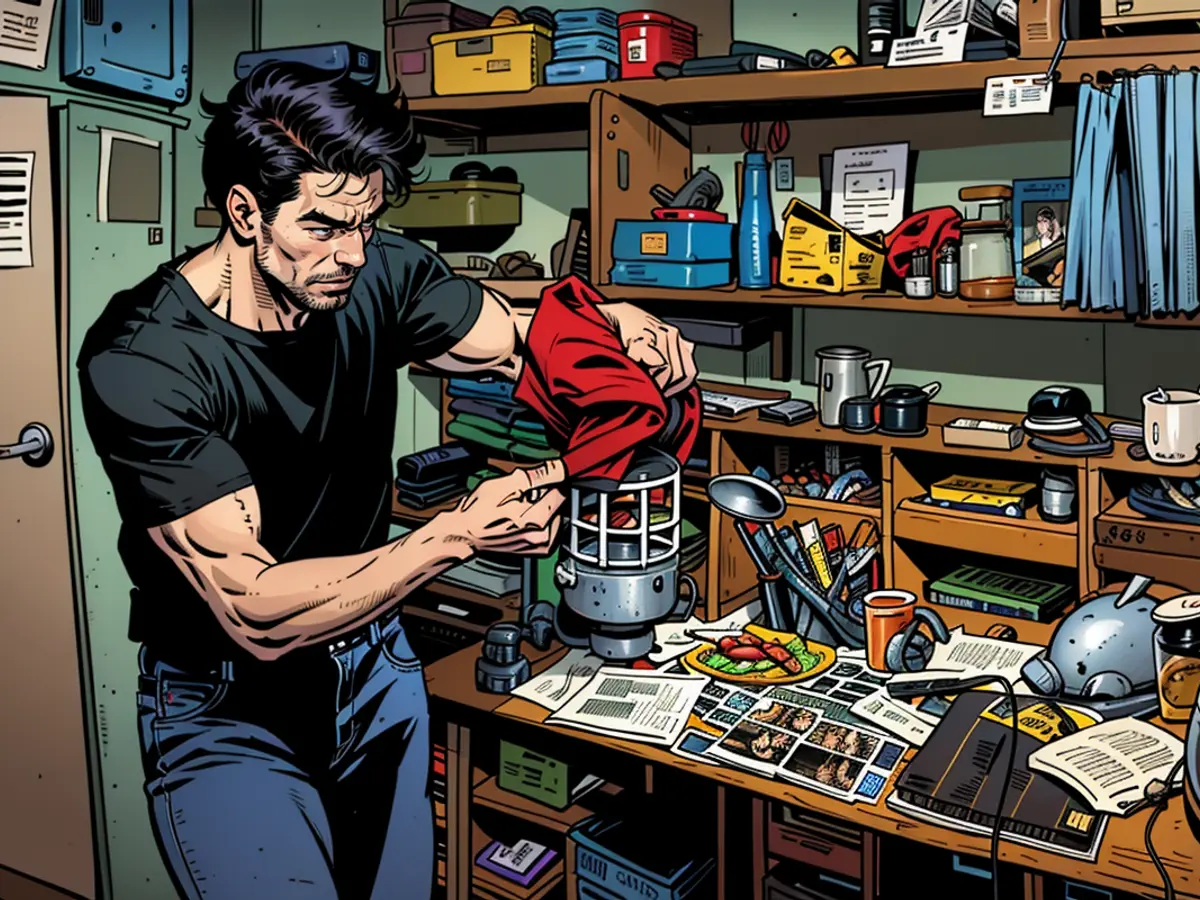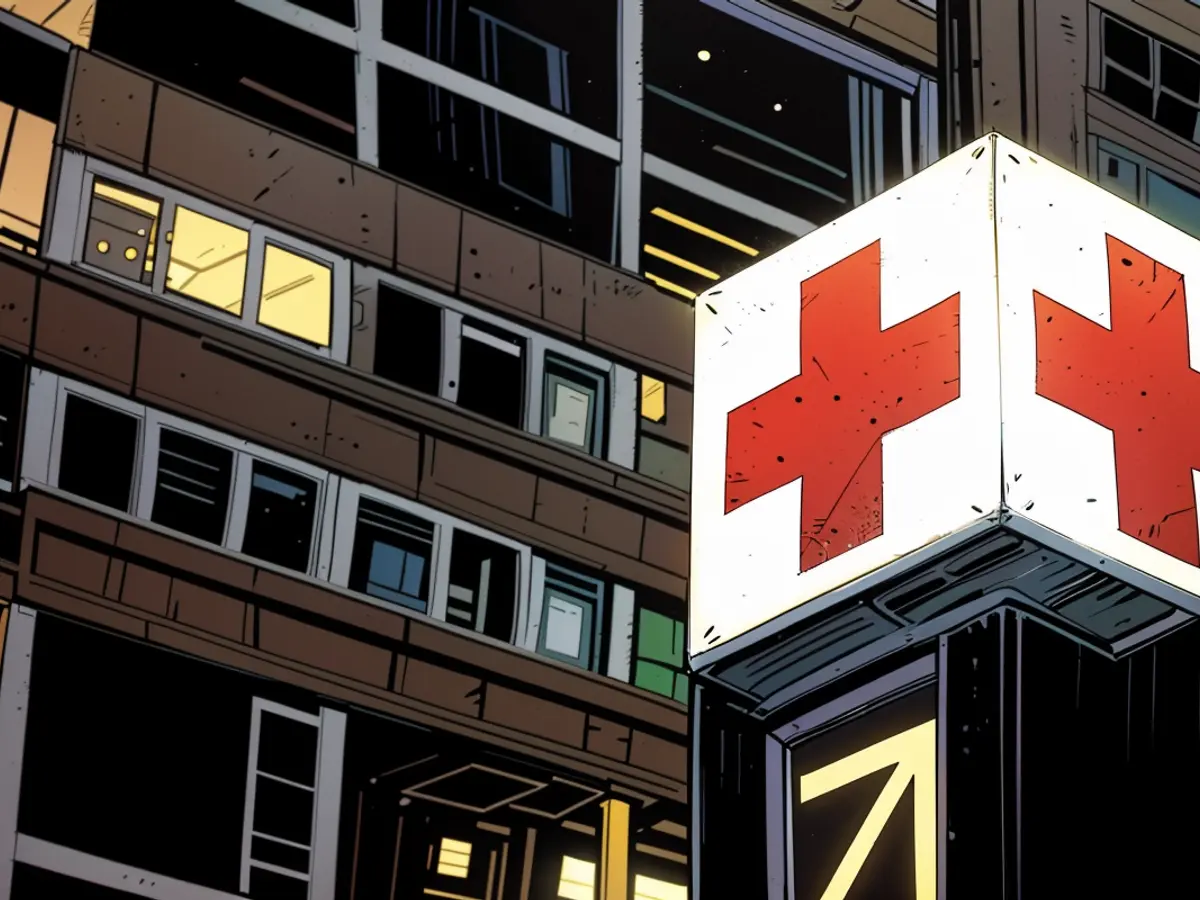Team representing the country - The Euros have ignited excitement across the nation, according to Nagelsmann.
Now, there's no more uncertainty about the EM. Julian Nagelsmann walked across the training field, leaned against the large EURO 2024 advertisements with their bold logo, and watched calmly as Manuel Neuer practiced as the German football team's goalkeeper.
Meanwhile, Toni Kroos was running alone with a soccer ball at his feet in the German national team's training session, skillfully chipping the ball towards the goal. "This is how it's been for a long time in terms of the big title dream, that was my EM message," Kroos said.
"Of course, we all want it to happen. The nation is abuzz with excitement! I believe we'll be exceptionally well-prepared," stated the title-holder from Real Madrid, now carrying significant weight on his shoulders due to expectations put on him. There's a lot of tension? Yes. There's a lot of pressure? Definitely. In the sunny Herzogenaurach, the immense pressure before the opening match of the EM against Scotland shouldn't take control.
Clearly, training manager Nagelsmann knew that the championship's opening match on Friday (9:00 PM/ZDF/Magenta TV) in Munich would be no different or more significant than the influential spark for the summer fairy tale reboot on the field.
An Energy Drink as a Lucky Charm
Using the right energy drink, selected by his assistant Benjamin Glück per superstition, and relying on his gut instinct, Nagelsmann plans to enter the stadium on Friday. "Primarily, there's tremendous excitement since it's such a massive event," commented the German tournament team leader, who is only 36. "Probably, everyone around the world will be watching."
The remarkable stage, seating about 66,000 fans in the Munich EM Arena and numerous TV viewers worldwide, should show that three German tournament disasters are a thing of the past. That all lingering uncertainties about the championship's title-worthiness of the football team Nagelsmann's restructured can be put to rest.
"We aim for the maximum goal, like every team," stated DFB chief Bernt Neuendorf's comment, which Nagelsmann had already adopted for himself: "We want to win this tournament."
Moments in March as Motivators
Victories against France (2-0) and Netherlands (2-1), but also confounding 45 minutes during a well-planned dress rehearsal against Greece (2-1) - the German team takes the field for the first home European Championship since 36 years ago.
"If we can start well into the tournament, we'll have an advantage. The fans will be more positive, allowing us to carry on further," said Ilkay Gündogan. The fans need to trust us. "What I'd wish for is a small show of faith in our chances," mentioned the Barcelona pro before his tournament debut as the president of the DFB.
"As a team, our responsibility is to provide top-level performance," noted Nagelsmann. Through his steadfast player selection policy, he has taken a risk. Compromising the competition for clear hierarchies and decisive action is a worthwhile move. Now, we must show that his starting eleven is ready. Fewer conversations have occurred in recent years about the ideal starting formation. Nagelsmann has already decided upon it, and the training sessions in Blankenhain and Herzogenaurach went well with only Manuel Neuer's occasional fumbles.
The Starting Lineup is Locked in
Newer - Kimmich, Rudiger, Tah, Mittelstadt - Andrich, Kroos - Musiala, Gündogan, Wirtz - Havertz. This is the German team's setup, unless anything unforeseen occurs before French referee Clement Turpin's whistle. "We require enough players who can function to succeed. There will be challenging difficulties. Without doubt, they will appear against Scotland," demanded Kroos. This group, with an average age of 28.7 years, is the oldest German starting lineup since the calamity at the 2000 European Championship.
Kroos' return was a brilliant strategy from Nagelsmann. The 34-year-old intends to complete his career with the yet-missing European Championship title on July 14 at the Berlin Olympic Stadium. He'll bring all of his skills to the table - composure with the ball and mastery on the field. The German team so desperately needed this control in their chaotic past. It's hard to forget the memories of the anarchy surrounding the early World Cup failure in Qatar 2020.
Kimmich is eager to erase mistakes
Kimmich, a symbol of the previous mistakes, had to endure them during the past three tournaments. Losses in the group stages at the 2018 World Cup, the 2021 European Championship, and the 2020 World Cup. The negative spiral couldn't be halted. "If we win the first game, that will create a fantastic atmosphere. If you lose or don't win, the pressure will be immediate," concluded the 29-year-old, who has adapted to his role as a right outside defender for his title aspirations.
Scotland is a force to be reckoned with, and more than 100,000 spectators are expected to attend the match in Munich. The team's reputation precedes them, and even top-notch players like Nagelsmann and Kroos are taking them seriously. In fact, Spain had a hard time against Scotland during their journey to the EURO. The team boasts physical strength, logical play, and a dangerous counter-attack, spearheaded by Liverpool's Andrew Robertson. According to Kroos, they're no longer just a group of run-and-fight footballers - they're a serious contender.
With a potential draw or loss, the pressure would mount for the second group game against Hungary, potentially leading to elimination in the group stage. This prospect had Rudi Völler worried, but he was determined to remain optimistic. Drawing on his experience as a player in three previous EUROs (1984, 1988, 1992), a team manager (2004), and his current role as sports director, Völler aimed to help the team stay calm and focused. "We don't need to panic," he said. "We just need to maintain a positive attitude."
